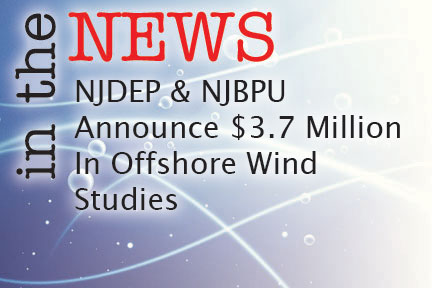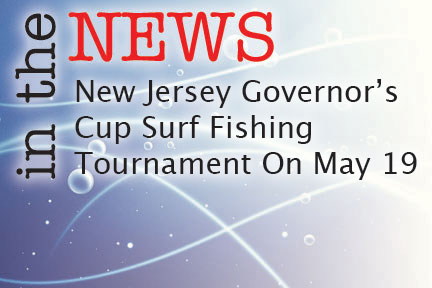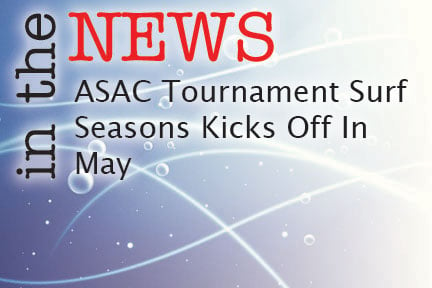The Coastal Resources Management Council’s (CRMC) first full-time Executive Director, Grover J. Fugate, retired in May after 34 years at his post. Fugate was hired in February 1986 to bring order to a fledgling CRMC suddenly facing a backlog of coastal permits.
“We were in the midst of permitting the relocation of the rivers downtown and much of what is in that area did not exist at the time,” Fugate said in a letter addressed to Council members and staff. “The Council had two staff, myself and an office manager…The rest of the (CRMC) staff were scattered throughout the state residing in different agencies.”
Fugate was hired to address the backlog of 3,000 applications the shorthanded agency was struggling through, and the CRMC’s federal parent agency, the National Oceanic and Atmospheric Administration (NOAA) required the state to address the agency’s processing issues, or face de-certification of Rhode Island’s coastal program. At that time, one person served as the Council chair and executive director, which obviously wasn’t working.
In addition to implementing its primary management program – known as the Red Book – the CRMC was also developing its first Special Area Management plans, the Providence Harbor SAMP and the Salt Ponds SAMP. To this day, the CRMC is the only agency that develops and implements these customized regional management strategies, and the CRMC has eight SAMPs and is currently developing another, the Bay SAMP.
“Grover took a struggling agency, and fortified it with policies, regulations, and guidance based in science, expert staff, and just as importantly support at the local, state, and national levels,” said Jeff Willis, CRMC deputy director. He clearly has been instrumental in the sound functioning of our agency as it is today.”
From developing SAMPs, prioritizing dredging, encouraging the state’s aquaculture industry to thrive under a streamlined permitting process, and fostering a cooperative relationship with Rhode Island’s institutions of higher learning and the University of Rhode Island’s Coastal Resources Center, to the nation’s first offshore wind farm in our own (ocean) backyard, STORMTOOLS and the Coastal Hazards Application process under the R.I. Shoreline Change (Beach) SAMP, all of these accomplishments and more have occurred under Fugate’s directorship.
Among many accolades made during a video presentation honoring Fugate during his last meeting with the Council on May 26, Senator Sheldon Whitehouse (D-RI) said, “The Deepwater Wind permits, the coastal mapping and storm assessment tools, the Grover and Sheldon road shows, you have been a remarkable Rhode Island public servant. I think very highly of you, as a friend, as a colleague, as an exemplar of public service. Thank you for what you’ve done for CRMC for all these years. We are really grateful.”
Fugate had been often-recognized for his efforts in Rhode Island and beyond. In 2008, he received a Lifetime Achievement Award from Rhode Island Sea Grant, for his efforts to uphold and execute the CRMC’s mandate to “preserve, protect, develop, and where possible, restore the coastal resources of the state.”
In 2010 he was awarded The Susan Snow-Cotter Award for Excellence in Ocean and Coastal Resource Management from NOAA. The award – one of the Walter B. Jones Memorial Awards – is given to individuals who have “initiated innovated practices and brought positive change to the management of ocean or coastal resources at either the state or national level.” The criteria for this prestigious award include: effectiveness in advancing the goals of the Coastal Zone Management Act (CZMA) or National Marine Sanctuaries Act (NMSA); effectiveness in increasing public awareness of ocean, estuarine and coastal issues; use of innovative approaches, techniques or programs to advance the goals of the CZMA or NMSA; and transferability of activity to other ocean or coastal resource management programs. The award is open to those who work with state coastal management programs, national estuarine research reserves and national marine sanctuaries.
Fugate began his career after graduating from the University of Connecticut with a degree in Natural Resource Management, working as an urban forester for a private Connecticut company, and then for the Department of Forestry for the Government of Newfoundland and Labrador as a forester in charge of project planning. Fugate worked for the Canadian government and was promoted within it while he attained a degree in Public Administration and his MBA with a focus in resource policy analysis. While working for the government in Newfoundland and Labrador, Fugate worked on planning for the Province’s offshore oil development, and an environmental protection process for major onshore projects related to offshore development. He then took the post at the CRMC in 1986.
Fugate has been a guest lecturer at URI and Roger Williams University, and a trainer at the Coastal Resources Center for Integrated Coastal Management, and has published a number of articles on various coastal and natural resources management issues.
“On behalf of Save The Bay, thank you for your decades of contributions to Rhode Island’s nationally-recognized coastal management program, and your foresight which will guide us into the future,” said Save The Bay Narragansett Baykeeper Michael Jarbeau, in the video tribute.
“I feel very privileged to have known you,” said Betsy Nicholson, North Regional Director for NOAA’s Office of Coastal Management. “You’ve been a mentor to me since I started with NOAA 20 years ago, and a real partner in crime here in New England.”
CRMC Chair Jennifer Cervenka said in the video that in her three short years serving as chair alongside Fugate, the Council had dealt with difficult and complex applications as well as the newest and most novel.
“Without your total Grover package – the knowledge base, your understanding of the process, the political savvy, the bringing people together, the ‘walk softly but carry a big stick’-type of Grover approach –we wouldn’t have survived those,” she said. “I’m so thankful you led us through that. And thank you for the three-plus decades of work in building this agency. I was not witness to most of that time and work, but I know the result. The result is a one-of-a-kind leader of an agency I’m extremely proud to be part of, and I hope in return over the next few years, we can make you proud in building upon your work.”
“I knew this day would come, and I can’t help feeling there is one last SAMP to work on, but I am extremely proud of the work we have all done,” Fugate said in his letter. “My hope is that Rhode Islanders will continue to be proud of their coastal program, because there is no other like it in the world.”


